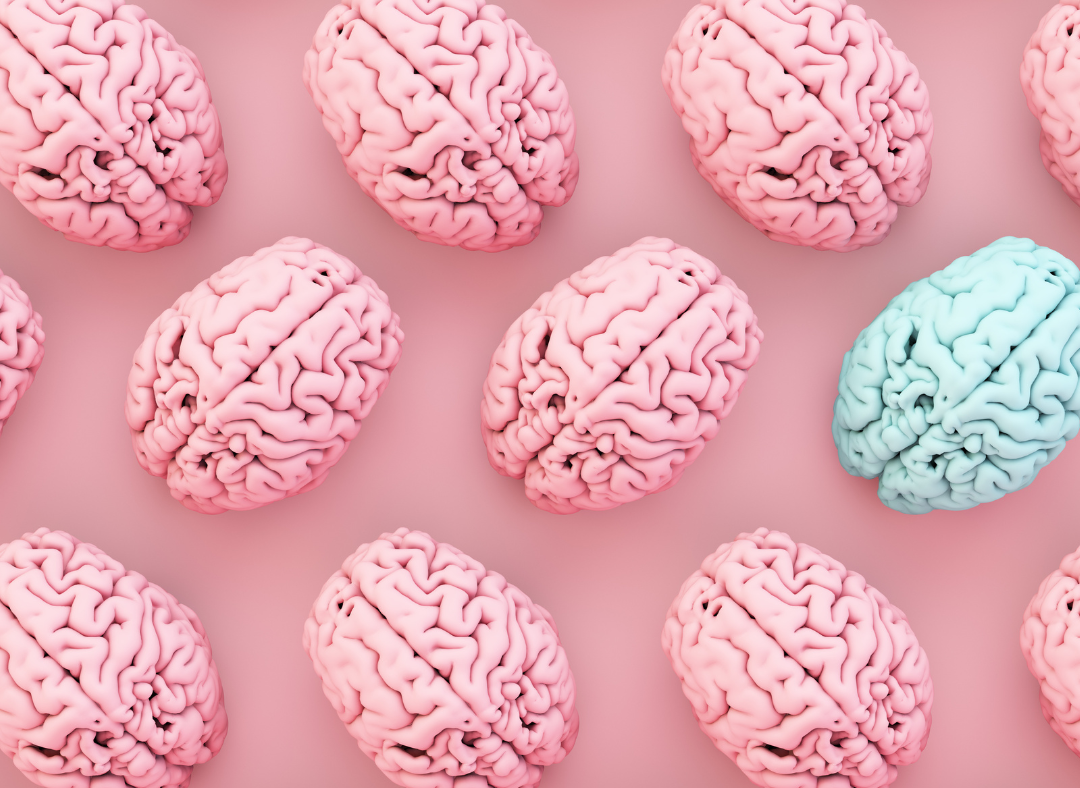In our diverse world, it is essential for mental health professionals to recognize and embrace the concept of neurodiversity. Neurodivergent individuals, who have unique neurological differences such as autism, ADHD, or other conditions, require a counselling approach that understands and respects their specific needs. By adopting a person-centred and inclusive approach, counsellors can provide effective support and empower neurodivergent individuals to navigate life’s challenges with confidence and resilience.
Understanding Neurodiversity:
Neurodiversity refers to the idea that neurological differences are normal variations of the human brain. It emphasizes that there is no single “normal” or “typical” brain, but rather a wide range of neurological profiles that contribute to the richness of human diversity. Embracing this perspective is fundamental to providing effective counselling for neurodivergent individuals.
Creating an Inclusive Environment:
Creating an inclusive and accepting environment is crucial for establishing trust and rapport with neurodivergent clients. Counsellors should educate themselves about various neurodivergent conditions, familiarize themselves with associated strengths and challenges, and actively challenge any biases or stereotypes they may hold.
Tailoring Communication Styles:
Effective communication is at the core of counselling, and it becomes even more vital when working with neurodivergent individuals. Counsellors should be adaptable in their communication styles, utilizing clear and concise language, visual aids, written materials, and alternative communication methods as needed. Active listening, patience, and providing extra processing time are also essential components of effective communication.
Accommodating Sensory Needs:
Many neurodivergent individuals experience sensory sensitivities, which can impact their well-being and ability to engage in therapy. Counsellors should create sensory-friendly environments, considering factors such as lighting, noise levels, and tactile sensitivities. By recognizing and accommodating sensory needs, counsellors can help create a safe and comfortable space for neurodivergent individuals to express themselves.
Embracing Special Interests and Strengths:
Neurodivergent individuals often possess intense interests and specialized strengths. Counsellors can leverage these passions by incorporating them into therapy sessions. Exploring and nurturing these special interests can enhance engagement, self-expression, and motivation, fostering a sense of validation and empowerment for the individual.
Flexible Approaches and Individualized Strategies:
Recognizing that each person is unique, counsellors should adopt flexible approaches that cater to the specific needs of neurodivergent individuals. This may involve adjusting the pace and duration of sessions, providing breaks for sensory regulation, and adapting therapeutic techniques to match individual strengths and challenges. A person-centred approach ensures that therapy is tailored to the client’s specific requirements and fosters their personal growth.
Supporting Emotional Regulation:
Emotional regulation can pose challenges for some neurodivergent individuals. Counsellors should provide strategies and tools to support emotional well-being, helping clients identify and manage overwhelming emotions effectively. Techniques such as visual supports, mindfulness exercises, and cognitive-behavioural interventions can empower individuals to navigate their emotional experiences more effectively.
Collaboration and Advocacy:
Counselling neurodivergent individuals often involves collaborating with other professionals, such as educators, occupational therapists, or physicians. Counsellors should act as advocates for their clients, supporting them in accessing appropriate resources and services. By facilitating effective communication among different support systems, counsellors can promote holistic care and ensure the individual’s needs are met across various domains of their life.
Counselling neurodivergent individuals requires a compassionate, informed, and inclusive approach. By embracing neurodiversity, understanding individual needs, and adapting counselling strategies accordingly, mental health professionals can create a therapeutic space that respects and supports the unique strengths and challenges of neurodivergent individuals. Through collaborative efforts and a commitment to promoting well-being and self-empowerment, counsellors play a vital role in fostering the growth and resilience of neurodivergent individuals on their journey towards a fulfilling and meaningful life.
The Author: Cianàn Danhouse (Humanitas Intern)
Here is a little bit more about him:

Hi, my name is Cian`an Danhouse. I am extremely passionate when it comes to making a positive change, no matter how big or small, in the lives of others. My aim is to assist clients gain a greater understanding of who they are. In addition to this I also aim to empower them to use their inner resources and strengths to make meaningful changes in their lives.
I completed my undergraduate degree in Psychology at SACAP in 2021. I have also recently completed my honors degree in Psychology at SACAP in 2022.


